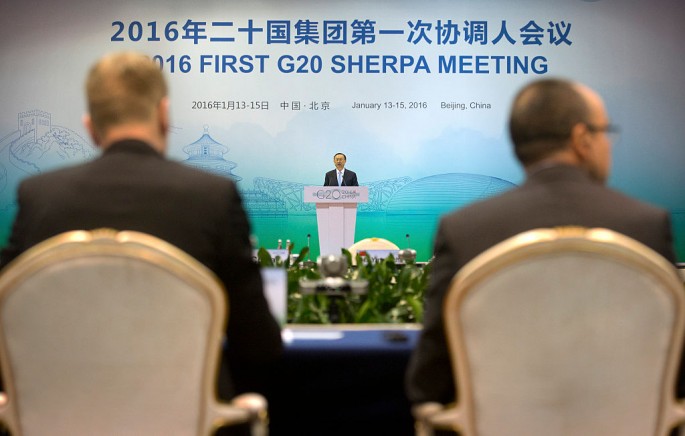More than 250 industrial facilities in Shanghai will be temporarily shut down for 14 days during the upcoming G20 Summit in Hangzhou in order to reduce pollution in the city.
According to Reuters, the Shanghai Environment Protection Bureau (SEPB) ordered hundreds of companies involved in industries such as power, petrochemical production, and logistics to temporarily stop operations to make the air cleaner ahead for Group 20 members' meet.
However, experts believe that if China really wants to tackle pollution, it should develop a long-term solution instead of "ad-hoc" orders.
Temporary Shutdown
According to the document cited by the outlet, the temporary suspension of operations will involve at least 255 industrial plants and other facilities within a 300-km radius of the setting of the economic leaders' meeting.
The SEPB's counterparts in the nearby Jiangsu and Zhejiang provinces are expected to do the same, which would run between Aug. 24 and Sept. 6, two weeks before the summit to be held on Sept. 4-5.
Among the firms affected is the Shanghai Petrochemical, which is required to reduce at least 50 percent of production, per the SEPB document.
"The company's 150,000 tonne/year C5 separation unit; 100,000 tonne/year methyl tertiary butyl ether (MTBE) unit; two 100,000 tonne/year polypropylene (PP) units; 230,000 tonne/year monoethylene glycol (MEG) plant; and 300,000 tonne/year polyester facility will be taken off line for 14 days from 24 August," the document stated, per ICIS translation.
Other companies covered by the order are the Shanghai SECCO Petrochemical, the Huayi Polymer Co., the Shanghai Chlor-Alkali Chemical, and the Oriental Petrochemical Shanghai.
Long-term Solution
China had previously conducted similar temporary shutdowns of the abovementioned industries, but some observers and experts believe that it would be better if the government developed a long-term solution to the problem instead.
"Longer term China needs to work out a market-based approach to tackle pollution rather than an ad-hoc order. Apart from social responsibilities, business has its profit and loss to take care," China Center for International Economic Exchanges researcher Jing Chunmei told Reuters.
Aside from being relatively ineffective, the ad-hoc order may also be detrimental to the industries affected as it did not make any mention of subsidies for lost profit.
Some plants contacted by Reuters confirmed as much, with some using the time off instead to conduct maintenance of their facilities to minimize losses.
"We will try to reschedule plant maintenance to that two weeks to minimize the production loss," Budenheim Fine Chemicals (Shanghai) Co. Ltd. manager Shi Yan told the outlet.



























